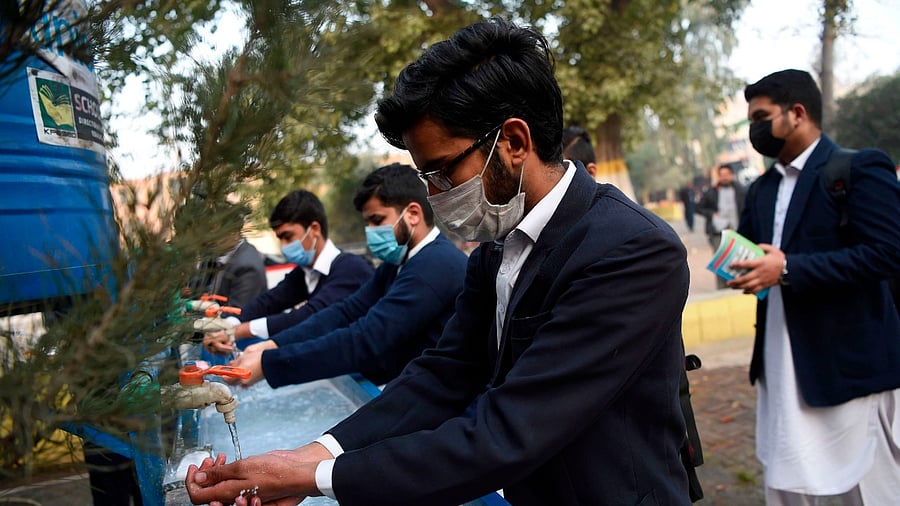
In the Covid-19 era, handwashing has become a habit all over the world. However, the Economic Survey 2020-21, that was spelt out by Chief Economic Advisor Krishnamurthy Subramanian on Friday, sheds light on how the entire practice was discovered nearly 200 years ago during an experiment.
The Survey notes that back in the early 19th century doctors neither wore gloves while performing surgeries, nor did they know about the concept and very existence of germs.
Handwashing began as a practice in 1846 when Hungarian physician Ignaz Semmelwei in the obstetrics department of Vienna Hospital sought to find out why his division had a mortality rate seven times higher than other obstetrics departments staffed only by midwives.
His investigation revealed that doctors, unlike midwives, began their day conducting autopsies before heading to labour rooms to conduct deliveries, without washing their hands. Midwives, on the other hand, began their day conducting deliveries.
The document says that upon discovering this revelation, Dr Semmelwei brought in a handwashing policy for all physicians and medical students before entering the labour room. As a result, his division reaped the benefits of handwashing, with the mortality rate reducing six-fold.
This was the first scientific evidence of the effectiveness of handwashing.
During the SARS outbreak between 2002 to 2004, Hong Kong authorities had advised the public to regularly wash their hands to curb the spread of the disease.
